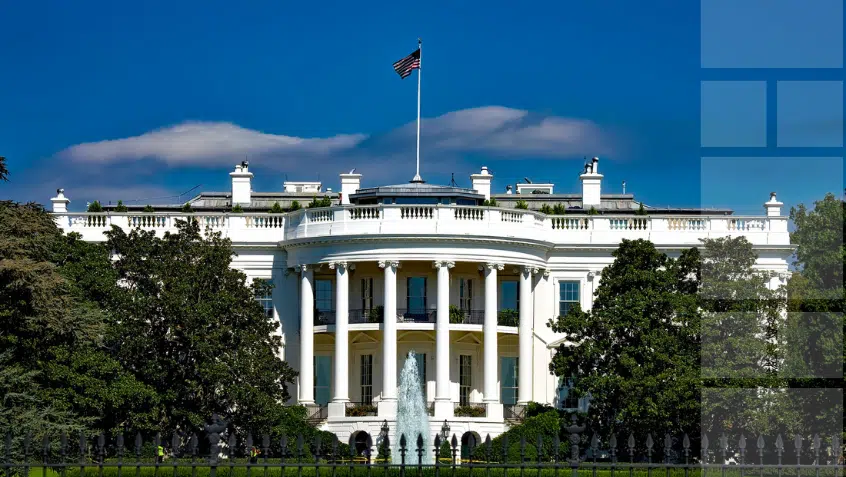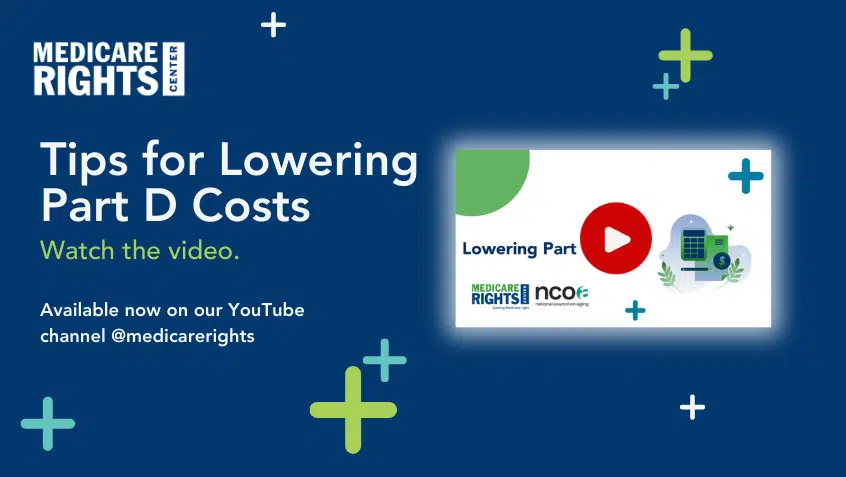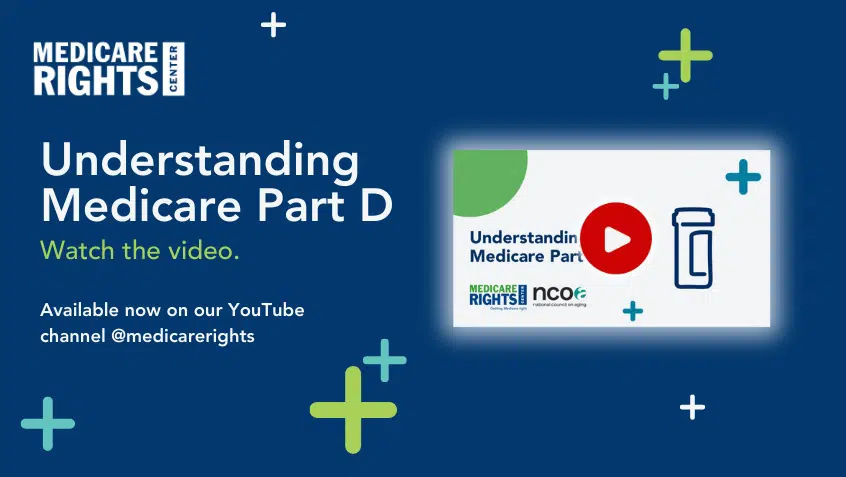Join Us Live for a Discussion on Medicare, Democracy, and the Future of Health Care
Work Continues on the Next Coronavirus Relief Bill

Work on the next coronavirus relief bill is underway. U.S. House and Senate leaders are negotiating the size and scope of the final legislation, as well as specific policy items.
Competing bills—the draft HEALS Act, introduced on Monday by Senate Republicans, and the House-passed HEROES Act, led by Democrats—are serving as starting points for those discussions.
The two measures represent very different visions for what should be included in a final package. The HEROES Act contains several improvements that we have supported to help older adults and people with disabilities during the pandemic and beyond. The HEALS Act takes a narrower approach to providing pandemic relief, omitting some of these critical Medicare provisions.
Lawmakers are now attempting to reconcile the differences between the bills. They hope to pass consensus relief legislation before adjourning for the summer recess early next month.
The Medicare Rights Center weighed in this week, urging Senate leaders to put the needs of people with Medicare front and center in the final package. We recommended specific ways the bill could improve Medicare enrollment; support beneficiary health, safety, and financial security; and strengthen Medicaid and other community living programs. Among our top requests are policies that:
Ease Medicare Enrollment. To help people quickly connect with their Medicare beneftis during this crisis, we strongly support the establishment of a dedicated Medicare Special Enrollment Period (SEP) for Premium Part A and Part B, with coverage beginning the first day of the next month. We also urge Congress to direct the Centers for Medicare & Medicaid Services (CMS) to re-establish an SEP for Part C and Part D. These urgently needed SEPs should be put in place immediately and remain available for the duration of the emergency period, at a minimum.
Ensure Affordable Care and Treatment. To prevent cost from being a barrier to care when a COVID-19 infection is suspected or confirmed, we support eliminating cost-sharing—in particular for people with Medicare or Medicaid—in such instances.
Promote Nursing Home Safety and Resident Rights. Congress must improve nursing home, resident, visitor, and health care worker safety, including by ensuring adequate funding and guardrails are in place.
Protect Medicare and Social Security. We strongly oppose a provision in the HEALS Act that could lead to harmful cuts and changes to Medicare and Social Security. The underlying bill (the TRUST Act, S. 4323) is wholly unrelated to the COVID-19 pandemic and inappropriately targets critical programs that are helping millions of Americans survive it. We urge lawmakers to reject this approach.
Support State Medicaid Programs. We also urge lawmakers to increase federal Medicaid payments to states to help the program respond to current and growing needs during the pandemic and attendant economic downturn.
As the negotiations continue, Medicare Rights will remain insistent that any final legislation must prioritize older adults, people with disabilities, and their families. We invite you to do the same! Weigh in today with your Senators, asking them to champion the inclusion of policy and program solutions that are important to people with Medicare in the next coronavirus relief bill. Together, we can help ensure the federal response to the coronavirus outbreak protects and strengthens Medicare, as well as the health and economic security of those who rely on its coverage.
Read Medicare Rights letter to the Senate.
Read more about the HEROES Act.
The HEALS Act is made up of several individual bills that were released, in part, by the relevant Senate committees. Many of the key health care proposals are in the Finance Committee bill text and summary. More information about the TRUST Act can be found in the bill text, one-pager, and section-by-section summary.
Show Comments
We welcome thoughtful, respectful discussion on our website. To maintain a safe and constructive environment, comments that include profanity or violent, threatening language will be hidden. We may ban commentors who repeatedly cross these guidelines.
Help Us Protect & Strengthen Medicare
Donate today and make a lasting impact
More than 67 million people rely on Medicare—but many still face barriers to the care they need. With your support, we provide free, unbiased help to people navigating Medicare and work across the country with federal and state advocates to protect Medicare’s future and address the needs of those it serves.
The Latest
Most Read
Add Medicare to Your Inbox
Sign up to receive Medicare news, policy developments, and other useful updates from the Medicare Rights.
View this profile on InstagramMedicare Rights Center (@medicarerights) • Instagram photos and videos









